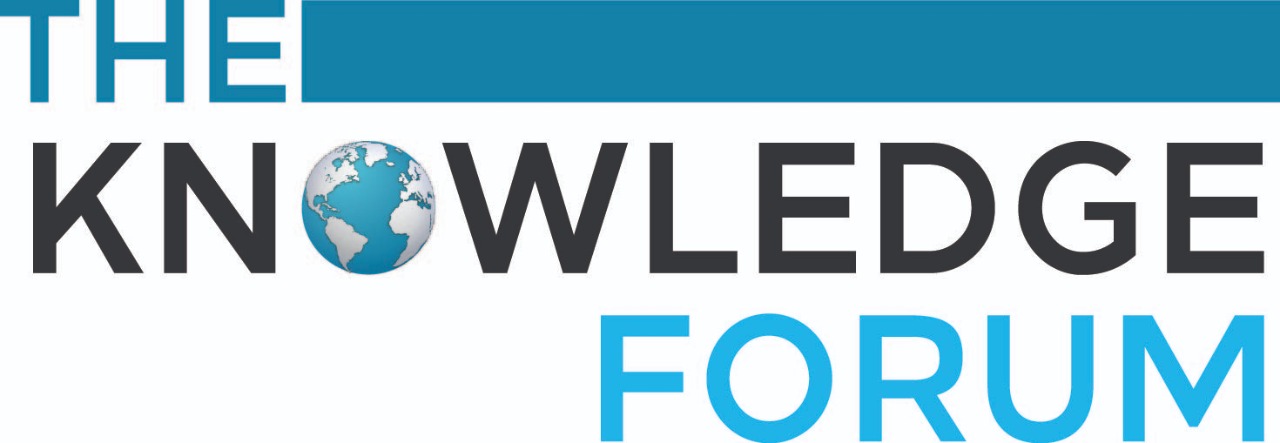Pakistan Bulletin
An up-to-date and informed analyses of key issues of Pakistan.
COP28 and Pakistan: A Litmus Test for Climate Justice
December 2023
With all eyes on COP28 for a magical solution to a climate crisis pushing the world on the edge of a precipice, the event was a realization that the journey to climate justice is long and arduous.
The operationalization of the Loss and Damage Fund (LDF) at COP28 offers a glimmer of hope for developing countries grappling with the repercussions of climate change, compelling polluting nations to shoulder fiscal responsibility for their role in planetary destruction.
The LDF board oversees the fund’s operations, and these committees aim to work together on various aspects of climate change. The effectiveness of these mechanisms will hinge on how effectively Pakistan utilizes its position to plead its case.
As per some estimates, by 2030, the developing world will need more than $2.4 trillion to address climate change – not as a one-off, but every single year.
The world is watching, and the moral imperative for climate justice demands that words be translated into deeds.
Shaheera Syed
Author
The author is a public policy specialist and researcher, she has experience working with international development bodies, governments and think tanks.

Get the latest news and updates from our team
